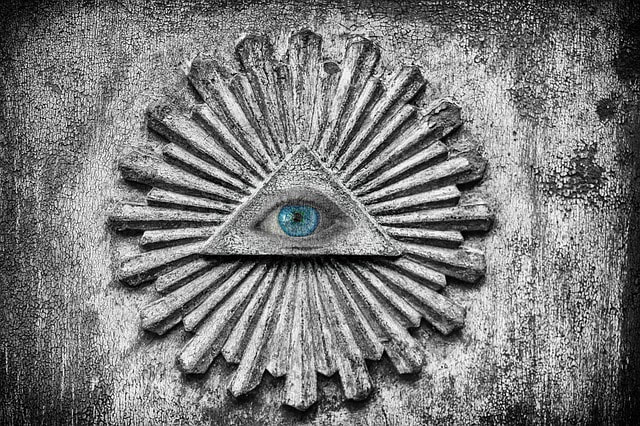|
In the first one, 190 French participants were assessed using the Belief in Conspiracy Theories Inventory, then asked about the information they used to answer the questions.
Results showed that participants who agreed with various conspiracy theories also believed that they possessed unique information about the corresponding events. On that basis, researchers sought out to test if conspiracy theories could satisfy an underlying need for uniqueness. In a second study, 208 online participants self-reported their need for uniqueness, then completed the Generic Conspiracist Beliefs scale. Again, a correlation was found between the two variables: the subjects’ need for uniqueness predicted their belief in conspiracy theories. Finally, researchers conducted two experiments, which allowed them to manipulate their participants’ need for uniqueness, and observe its effects on a new conspiracy theory (involving a bogus bus accident in Moldova in which several politicians died.) In both, participants were primed to experience high or low need for uniqueness. This was done either through a writing exercise asking them to think about the importance of individuality (vs, conformity), or by leading them to believe that trying to be unique led to positive consequences in life. As predicted, a high need for uniqueness had some influence on the participants’ beliefs and agreement with the conspiracy theory. Source: Lantian et alia (2017)
0 Comments
Your comment will be posted after it is approved.
Leave a Reply. |
|
Proudly powered by Weebly

